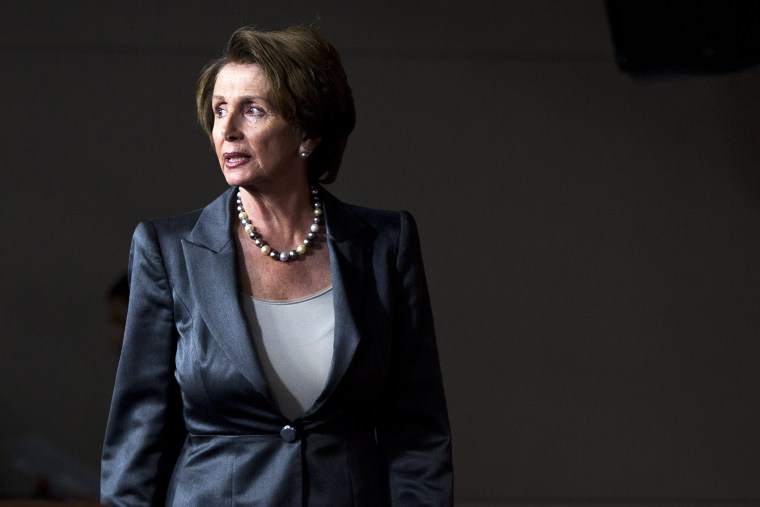In purely political terms, this isn't necessarily an easy call for Dems, because there is some benefit in participating, even if the committee is constructed in a ridiculously partisan fashion. "Some of these hearings are going to be televised," Congressional scholar Norman Ornstein tells me. "The question is, does it make more sense to be in there, participating in the process and pointing out Republican overkill again and again, or does it make more sense to further destroy the image of the committee by staying out of it?" Of course, the question of how to construct the committee also presents Republicans with a dilemma. "The more the committee overreaches and tries to find a big scandal where there is none, the more Republicans run the risk of the American people seeing the Congress they run as utterly unconcerned about the things that matter to them," Ornstein says.
To boycott or not boycott
Should Democrats participate in the latest in a series of Republican Benghazi probes? The answer isn't necessarily obvious.

House Republicans, as expected, are moving forward with yet another committee to investigate the deadly terrorist attack in Benghazi in September 2012, intended to complement the seven other congressional committees that have already held hearings on the attack. For House Democrats, there's a straightforward question: is there any point in participating?
The answer isn't necessarily obvious.
Objective observers can probably agree in advance that the new "select" committee is intended to serve a political, not a fact-finding, purpose. If the goal were to simply get objective information, lawmakers could rely on the existing congressional process and consider the independent, comprehensive reports that have already been published. After 13 hearings, 50 briefings, and 25,000 produced documents, the official record is already quite complete.
But since the available information doesn't tell far-right conspiracy theorists what they wanted to hear, conspiracy theorists demanded a select committee, which in turn suggests this new investigation will be a partisan exercise -- Republicans are starting with the answer they want, working backwards to find evidence to bolster the agreed-upon conclusion.
Why should Democrats participate in this ridiculous charade? Some are arguing that they shouldn't -- let Republicans play their election-year games, the argument goes, exploiting a terrorist attack for electoral gain, but let them do it alone.
For that matter, even if Dems do participate, is there any credible chance they'll be treated fairly as part of a respectful and responsible analysis of the events in Benghazi? I suspect even many Republicans would find the very idea amusing.
Democrats could boycott the scheme and let the GOP committee members do what they intend to do anyway: keep the fundraising machine humming, give allied media outlets fodder, and use the process to keep the Republican base agitated in an election year. Why legitimize a probe with a fraudulent foundation? Why lend credence to an endeavor that appears to be scripted by Fox News producers?
There is, however, a flip side to this.
Greg Sargent had an interesting chat with Norm Ornstein.
If Dems are in the room, they can at least occasionally highlight facts for anyone watching the process unfold. During testimony, Fox will probably break for commercials whenever Democrats ask questions of witnesses, but for anyone else paying attention, at least a little pushback during the hearings might at least add some variety to the charade.
I'll confess that I'm torn, and if I were in Democratic leaders' shoes, I'm not sure what I'd do. Keep in mind, however, that House Minority Leader Nancy Pelosi (D-Calif.) argued today that Dems could participate, and in the interest of fairness, she called for parity -- Pelosi suggested the committee, if it's serious about getting at the truth, could be split evenly between Republican and Democratic members, who would share resources and information. If it's not a political scam, she said, it should be a bipartisan, cooperative process.
Republicans are already poised to reject Pelosi's idea.
Imagine that.